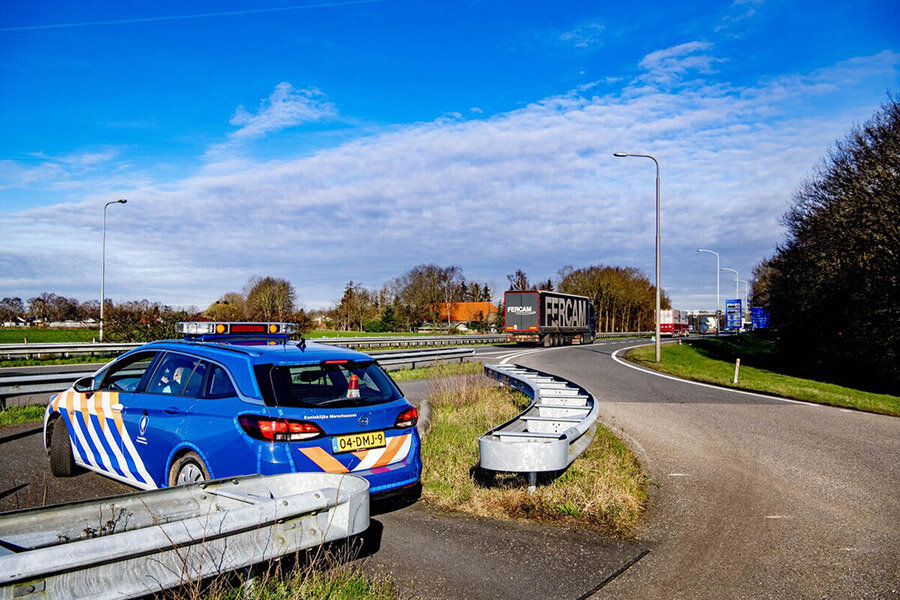Netherlands' Border Checks Curb Irregular Migration Without Hurting Economy

Survey Shows Border Controls Are Effective and Economically Sustainable
Border control measures introduced by the Dutch government in December 2024 are helping reduce irregular migration while having only a limited impact on the economy, according to a new BNR survey of businesses and industry associations.
Despite early concerns over traffic congestion and logistics delays, the checks were flexible and targeted enough to avoid significant disruption. The Dutch travellers’ association ANWB confirmed there were no major delays or bottlenecks reported at checkpoints.
Controls Extended Until December 8, 2025
The internal border checks with Germany and Belgium, launched on December 9, 2024, were initially meant to last six months. Dutch Migration Minister Marjolein Faber had stated the move was necessary to combat irregular migration and cross-border smuggling networks.
The Netherlands has now extended these controls twice — first until June 9, and now until December 8, 2025. In its notice to the European Commission, the Dutch government cited "a serious threat to public order" caused by high asylum volumes and pressure on housing, healthcare, and education systems.
Business Concerns Remain Manageable
While initial estimates from the German-Dutch Chamber of Commerce (DNHK) warned of potential losses reaching €60 million per month, member companies now report that the damage has been manageable.
Experts emphasize that European cooperation is essential to maintaining the integrity of the Schengen Area, noting that these border checks are a temporary necessity, not a long-term solution.
Подсказки: Netherlands, migration, border checks, economy, Schengen, Marjolein Faber, EU policy, security, business, asylum








